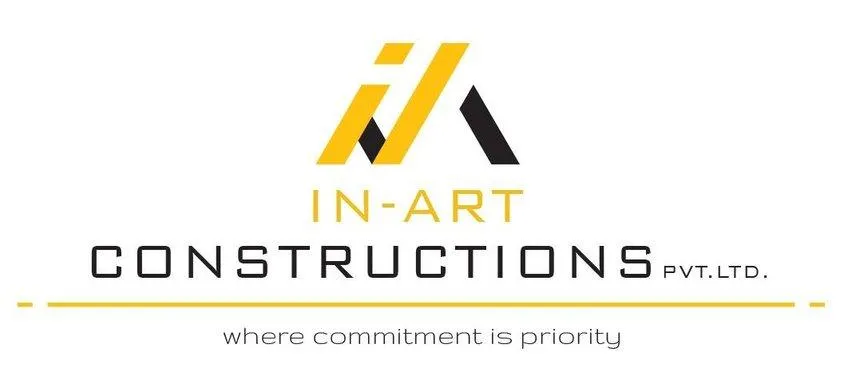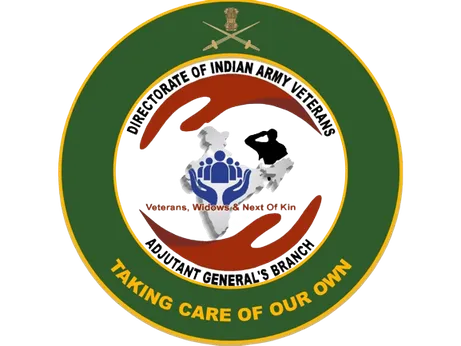What’s new


Innosync’s ERPNext implementation has brought clarity and control to our construction operations. They understood our turnkey project workflows in depth and delivered a system tailored to our needs—from project execution to billing and reporting. The result is better visibility, smoother processes, and more confident decision-making. We highly recommend Innosync as a reliable ERPNext implementation partner.
Amit Agarwal
Owner, IN-ART Constructions

Innosync delivered a secure and reliable ETL solution.
Innosync demonstrated strong technical expertise, a structured delivery approach, and a clear focus on data accuracy and integrity. We consider Innosync a dependable partner for complex ETL and data engineering initiatives.
Lt. Col. Vikramaditya
What’s new
ERP implementations, enterprise integrations, and high-performance applications — delivered with precision and accountability.